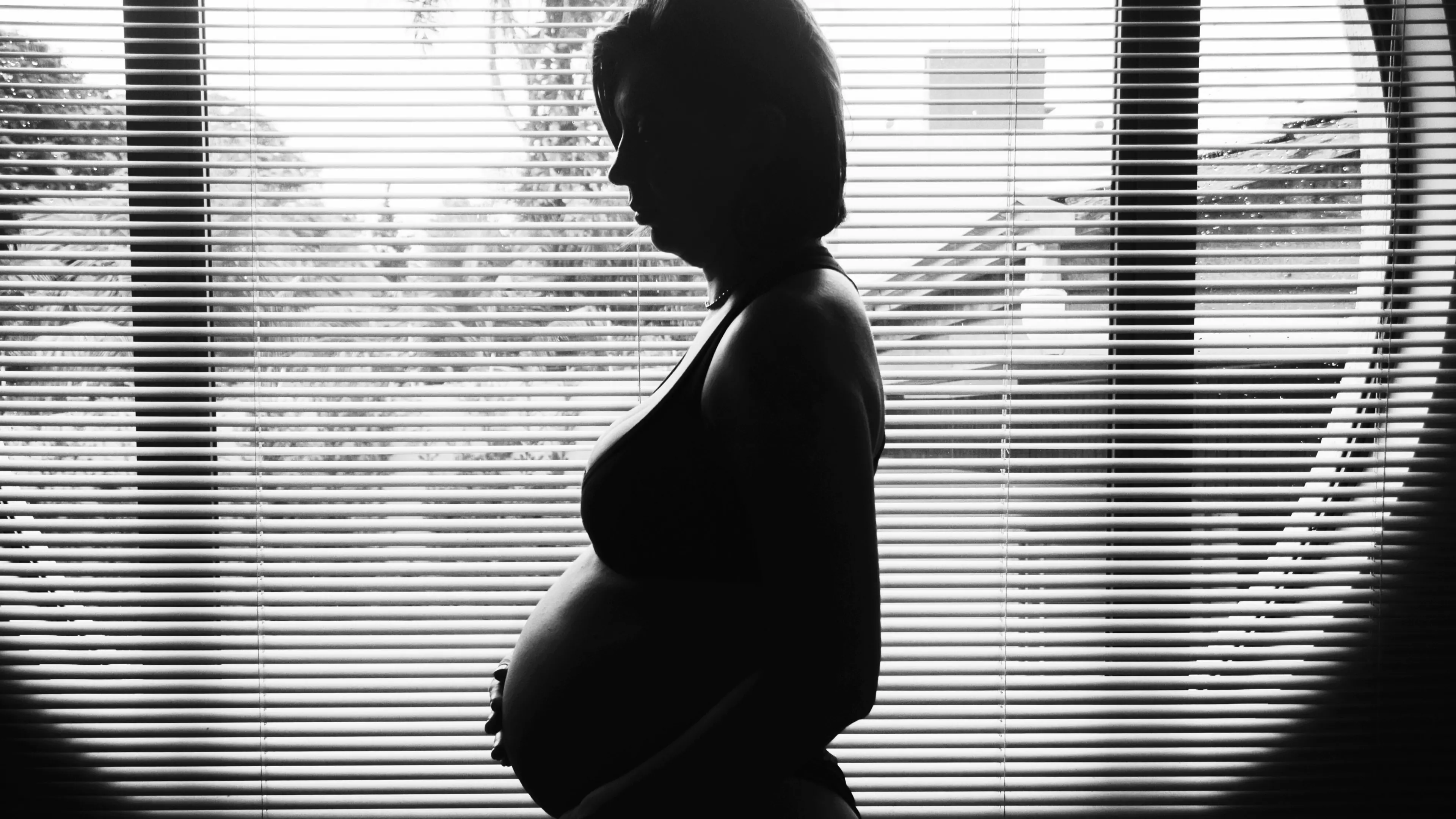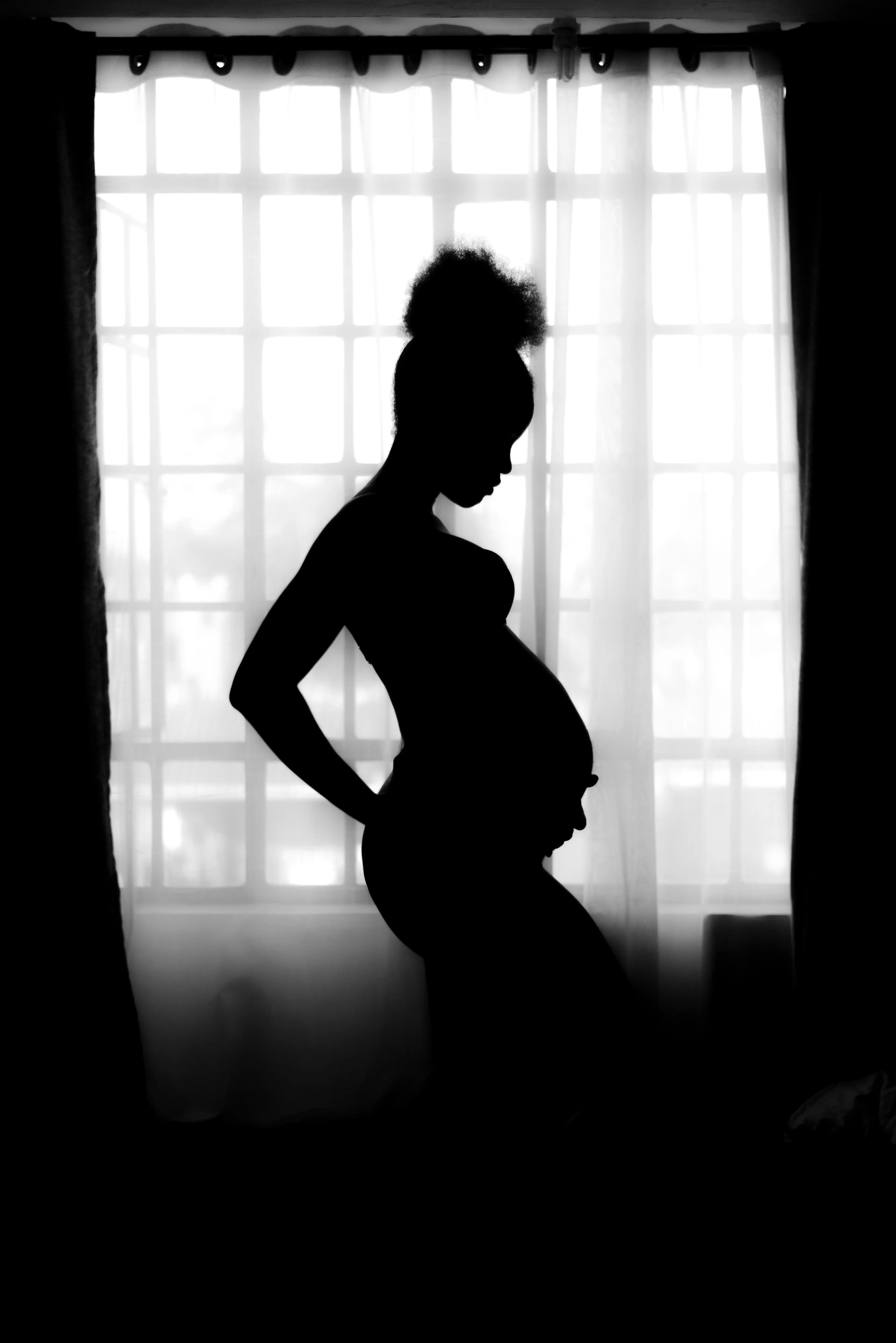
The amount of women experiencing suicidal thoughts or self harming before and after giving birth has close to doubled in the last decade, new research has warned.
Scientists from the University of Michigan, published in the journal JAMA Psychiatry, have discovered that suicide 'near-misses' and the amount of women who have suffered mental health issues both pre and postpartum have risen sharply over the past 10 years - particularly among younger women.
Lead author Dr Lindsay Admon, of the University of Michigan, said: "Suicide deaths are a leading cause of maternal mortality in the United States.
Advert
"It's a public health crisis that has silently grown worse."

Suicide is responsible for one in nine maternal deaths in the UK, making it the leading cause of death of mothers in the year after giving birth.
The risk of depression during pregnancy and directly after having a child is known to be high anyway, and suicide is already known to be one of the leading causes of death in the UK among new mums.
Advert
More specifically, young black women from low-income backgrounds are those who are most likely to suffer from mental health issues like anxiety and depression, and are particularly at risk.
The findings were reached after researchers analysed data on the suicidal tendencies of women aged 15 to 44 in the year before and after giving birth were analysed between 2006 and 2017.
They found as many as 2,683 out of the 595,237 commercially insured childbearing participants had either had suicidal thoughts or self-harmed.
And they also uncovered that this number had increased from 0.2 per cent to 0.6 per cent over the past 10 years. That's nearly 24,000 women.
Advert
However, more harrowing still, Dr Admon said: "These are likely underestimates since research suggests that depressive problems may be even higher among those who are on Medicaid, a population not included in the study."
Medicaid is a government programme in the United States, which helps people with limited income pay for their medical bills.
Researchers also uncovered several "concerning disparities".

For one, suicidal tendencies were highest among people who were either young, black or with the lowest household incomes.
Advert
The number of young women, aged between 15 and 18, who had suicidal tendencies was higher, showing an increase from 1.6 to 9.5 per cent.
And suicidal thoughts and self-harm among black women skyrocketed from 0.2 to 0.9 per cent.
The research uncovered that the biggest suicide risk was among women who already had serious mental health issues or substance abuse disorders.
Senior author Professor Kara Zivin, also of the University of Michigan, said: "Suicide in the perinatal period represents an important but understudied health outcome.
Advert
"Numbers can be hard to pinpoint because maternal mortality statistics reported by the Center for Disease Control and Prevention (CDC) excludes suicide deaths, deeming them "incidental or accidental" rather than pregnancy-related."
However, a report - which used data from 14 maternal mortality review committees - found suicide was responsible for 8.8 per cent of maternal deaths between 2008 and 2017.
The research comes after another study by the same University uncovered that the number of "delivering women" experiencing mood disorders and serious mental health illness has "substantially" increased in the US.
Professor Zivin said: "The increases and disparities in suicidality over time, and the likelihood that suicidality is both under detected and under treated remains concerning.
"This research indicates we have more policy and clinical work to do to support struggling women and their families."
The researchers say that, seeing as women are regularly in contact with health care professionals, policymakers, doctors and health planners, there isn't any reason they shouldn't be able to access the screenings and appropriate treatments they need.
Dr Admon said: "We need to improve screening for mental health wellness during and after pregnancy.
"We know that untreated mental health conditions put both moms and their children at higher risk for adverse health outcomes, including preterm birth and maternal suicide."
She added: "We need to seek health system and policy avenues to better identify suicidal symptoms in childbearing women.
"It's critical that we intervene as early as possible and provide necessary therapies to reduce the risk of the most tragic outcome."
Featured Image Credit: UnsplashTopics: Mental Health, Birth, health news